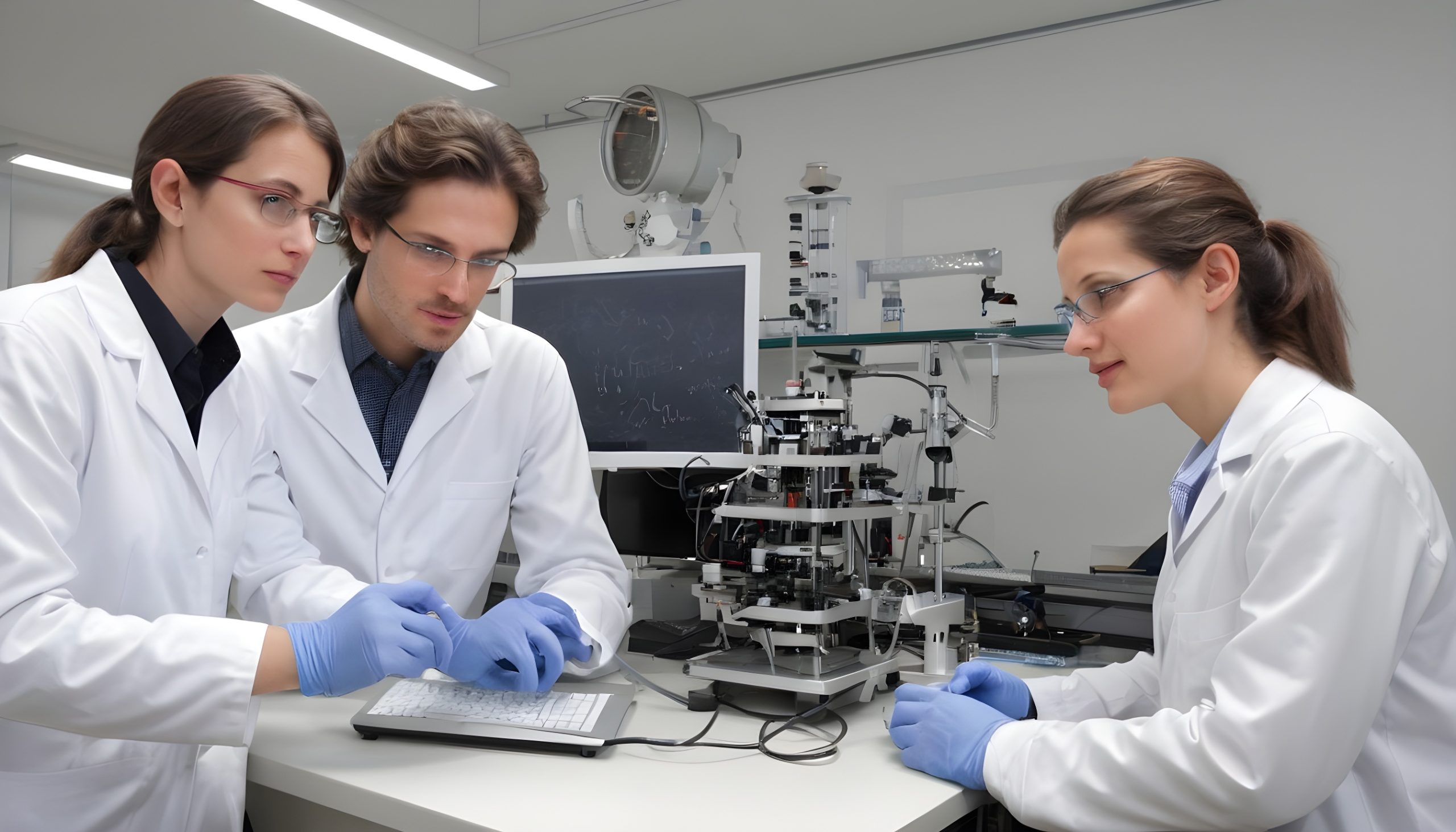The University of Luxembourg, one of Europe’s youngest research institutions, has embraced the power of supercomputing to address some of the most pressing societal and economic challenges of our time[^1]. With a strategic focus on interdisciplinary approaches, the university leverages its high-performance computing (HPC) capabilities across various sectors, including fintech, aerospace, and green energy[^1].
In collaboration with industry giants such as Paypal and BGL ParisBas, the University of Luxembourg has established a Finnovation Hub, which underscores the nation’s commitment to innovation in financial technology[^1]. Furthermore, Luxembourg’s dedication to sustainable investment is evident in the creation of the world’s first platform dedicated to green securities, boasting an accumulated value of €63 billion and nearly half of all listed green bonds globally[^1].
The university’s HPC facility plays a pivotal role in research within three strategic areas: medicine and health, digital transformation, and sustainable and societal development[^1]. This facility provides access to the Euro-HPC Luxembourg supercomputer, which serves the private sector, highlighting the importance of public-private partnerships in advancing research and technology[^1].
An intriguing aspect of the university’s work involves applying HPC capabilities to the humanities. The Center for Contemporary and Digital History utilizes digital technology to analyze historical data, offering new insights into the implications of using digital data and AI tools for historical interpretation[^1].
Supercomputers like those at the University of Luxembourg are essential for handling the computational demands of artificial intelligence, deep learning models, and large datasets[^1]. These advanced AI programs are autonomous and self-teaching, raising important questions about the legal and ethical frameworks surrounding their use[^1].
To streamline the management of administrative data and research projects, the university is implementing the Common Research Information System (CRIS), an SAP Higher Education & Research Industry Cloud solution running on SAP Business Technology Platform[^1]. This system will serve as a single source of truth, centralizing validated information to improve efficiency and reduce administrative burdens[^1].
Education and lifelong learning are integral to the university’s mission, with programs designed to expose students and staff to new technologies and provide access to industry specialists for practical application[^1]. Luxembourg’s status as a major center for investment funds and asset management companies further emphasizes the importance of technology in the nation’s key industry sectors[^1].
In summary, the University of Luxembourg’s strategic vision integrates supercomputing with interdisciplinary research to foster societal, technological, and economic development, bridging the gap between public and private stakeholders[^1].
Suggested Reading:
[^1]: https://www.forbes.com/sites/sap/2024/02/12/inside-the-world-of-supercomputing-at-one-of-europes-youngest-research-universities/?sh=78ebee4e4442





